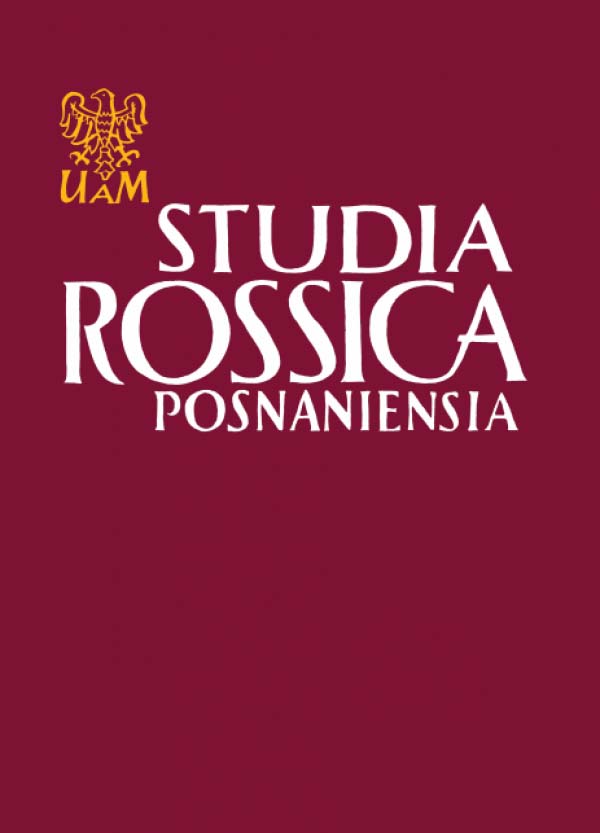KILKA UWAG O ESTETYCE DOSTOJEWSKIEGO
SOME REMARKS ABOUT THE AESTHETICS OF DOSTOYEVSKY’S WORKS
Author(s): Halina BrzozaSubject(s): Language and Literature Studies, Studies of Literature, Philology
Published by: Uniwersytet Adama Mickiewicza
Summary/Abstract: The author of the article is mainly interested in the problems of the aesthetics of Dostoyevsky’s works-problems reconstructed on the basis of the Russian literary texts o f the writer, on the premise that it is the style of the concrete works that contains the key to the understanding of his aesthetics and philosophy. On the assumption that M. Bakhtin’s theses concerning the polyphonic novel and the carnival ‘poetics o f com plements’ — refering Dostoyevsky’s art to temporarily too remote cultural phenomena do not sufficiently define the essential aesthetic norms governing Dostoyevsky’s works, the author proposes a further modification of theclassification of the poetic rules of this writer. This classification is derived from the conclusion concerning the polylogue way o f thinking of the author of ‘The Brothers Karamazov’ determined by the superiority of the idea as well as the conflict in the artistic vision in his art. The arbitrary aesthetic principle of polyloguemany – folded affectsvision in his art. The arbitrary aesthetic principle of polyloguem any-folded affects not only Dostoyevsky’s poetics and style but also his philosophy. The author of the article proposes the following typology concerning the poetic norms of the Russian classicist: I. The rule of polylogue 1) The principle of collisions. 2) The principle of disinforming (intrinsically contradictory narration). 3) The principle of multitextual transmittion (multistylicity). II. The rule of ‘reflections’. 1) The principle of parody (distorted reflections). 2) The principle of assimilation (doubles). 3) The principle of opposition (negative reflections). III. The rule of exceeding the limits. 1) The principle of condensing. 2) The principle of paradox. 3) The principle of open composition. 4) The principle of polyvalence. The above rules of poetics- the result of Dostoyevsky’s polylogue way of thinking governed the construction of the domain of his works. They also influenced the development of a characteristic relativistic way of thinking in Dostoyevsky- the philosopher.
Journal: Studia Rossica Posnaniensia
- Issue Year: 4/1973
- Issue No: 1
- Page Range: 13-33
- Page Count: 21
- Language: Polish

